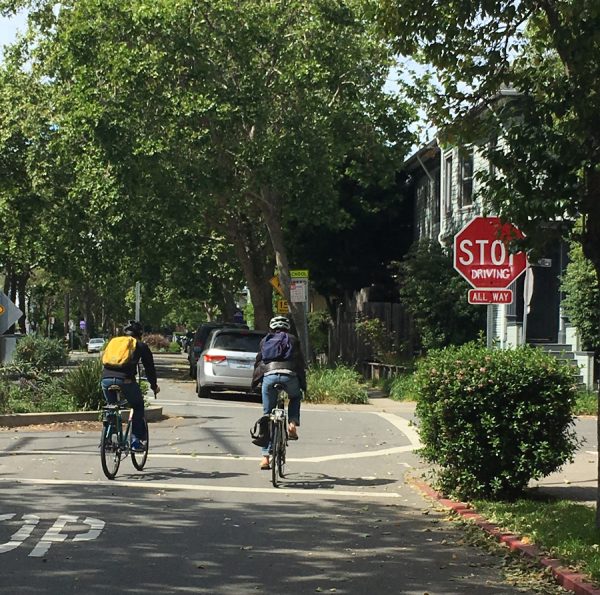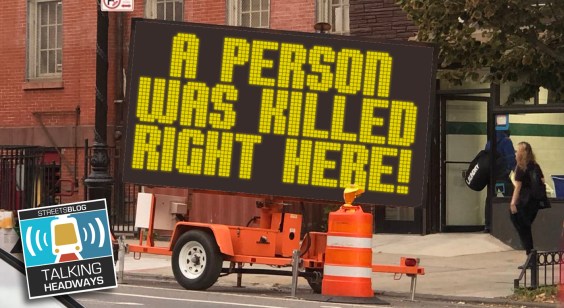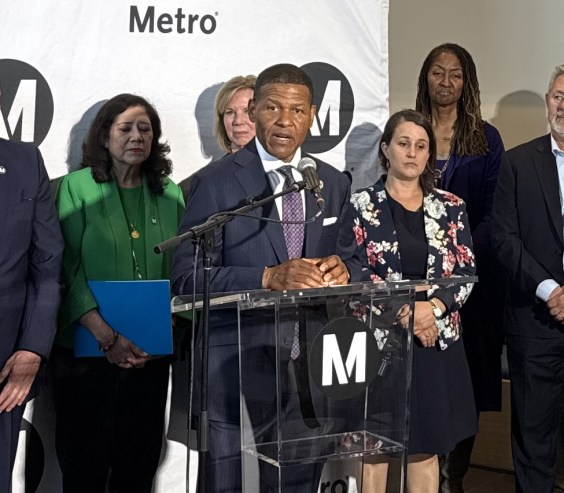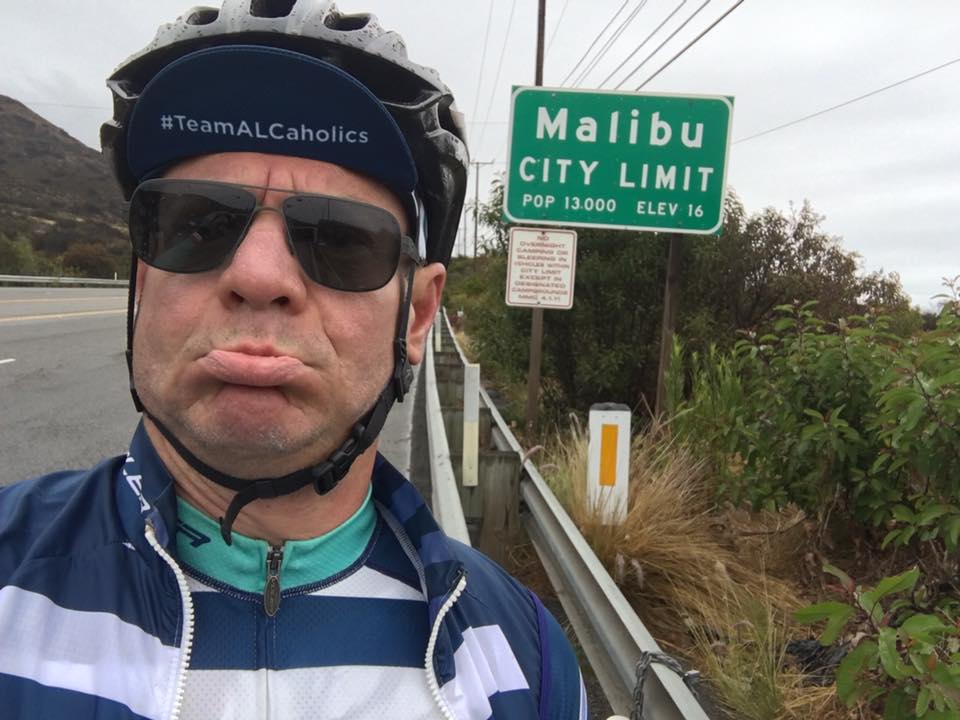Research shows that laws allowing bicycle riders to treat stop signs as yield signs increase safety outcomes in the states where these laws have been adopted. The laws allow bike riders to yield and proceed when safe, rather than coming to a full stop - and the key is "when safe." None of these laws allow riders to blow through stop signs or demand the right of way.
The National Highway and Traffic Safety Administration just posted a short "safety fact sheet" summarizing the research on the topic and providing a list of states that have adopted a version of these laws. There are eight of them - so far - and most have been adopted in the last few years. Except Idaho, which has had its law in place since 1982. Idaho saw a dramatic decrease in bicyclist injuries immediately after passing the law, but it took more than forty years for those results to be taken seriously elsewhere.
Delaware adopted a stop-as-yield law in 2017, and found that traffic crashes involving bicycle riders at stop sign intersections fell about 23 percent in the thirty months after the law passed.
Lots has been written about why this is so, although drivers, stuck behind their windshield perspective, tend not to understand. One argument in favor of changing the law says that it decriminalizes rational behavior, for example, but drivers tend to mishear the word "rational" and interpret it as "selfish," "entitled," or "above the law." They don't understand that for a person on a bike, the whole stop sign situation is completely different from someone driving a car. Bicycle riders do not have the blind spot issues that drivers have, and can usually see - and hear - better than a driver whether a car is coming towards an intersection they are approaching. They also deal with very different speed ratios when they come to an intersection (from slower than a car to even slower), and it takes a lot more effort to get back to cruising speed on a bike than in a car. Being able to yield rather than stop can help bike riders navigate a stop-sign intersection more safely, increasing their visibility and reducing exposure to risk.
As the NHTSA fact sheet points out,
Bicyclists have greater incentive to yield, as they are at high risk for injury at intersections. One study cites research showing that pedestrians and bicyclists exert more care and attention before crossing red signals than green (Leth et al., 2014). A naturalistic study of bicyclists in Florida’s Tampa Bay area found that bicyclists highly complied with general traffic rules (88.1% in the daytime, 87.5% at night). In contrast, drivers were mostly noncompliant with the law on yielding to bicyclists’ right-of-way (Lin et al., 2017).
But the kicker is that "there is no evidence showing bicyclist stop-as-yield laws have increased bike conflicts with other bikes or pedestrians."
Right now, the Assembly is considering a bill that would bring this change to California, A.B. 1713. Last year, a similar bill got all the way through both the Assembly and the Senate only to be vetoed by Governor Newsom, who was apparently swayed by last-minute emotional appeals that ignored the findings laid out in this NHTSA fact sheet.
To all Assemblymembers, Senators, and to Governor Newsom: the facts are here. "Stop-as-yield" laws increase safety. This year, you have another opportunity to increase safety for bicycle riders. Pass A.B. 1713.





